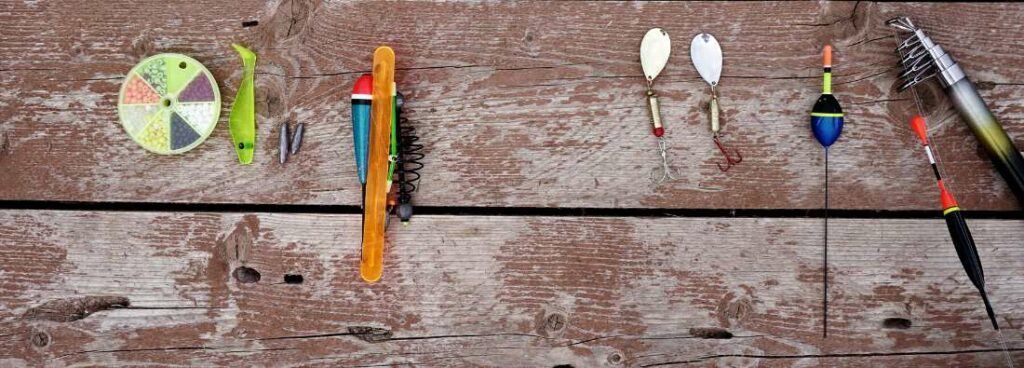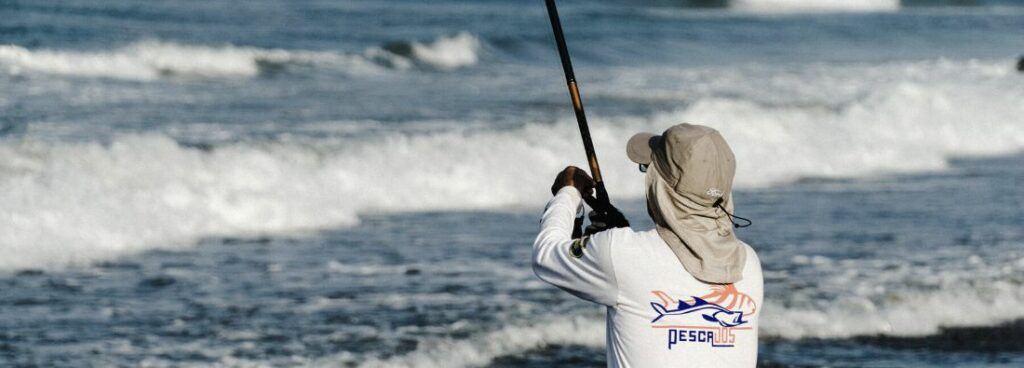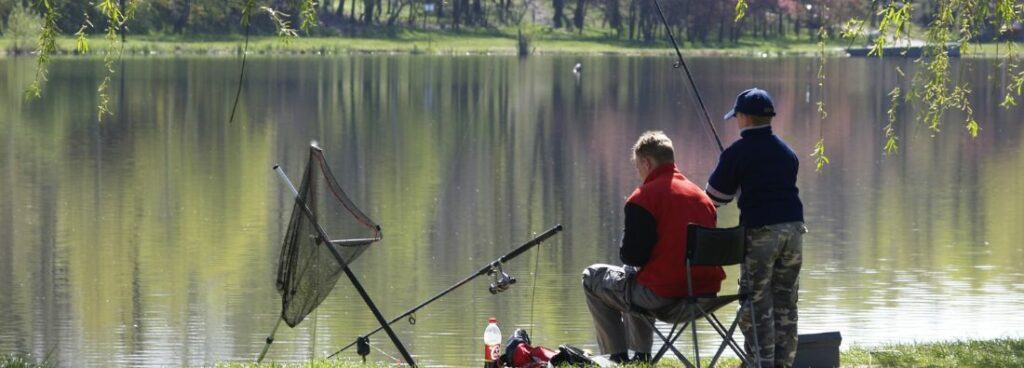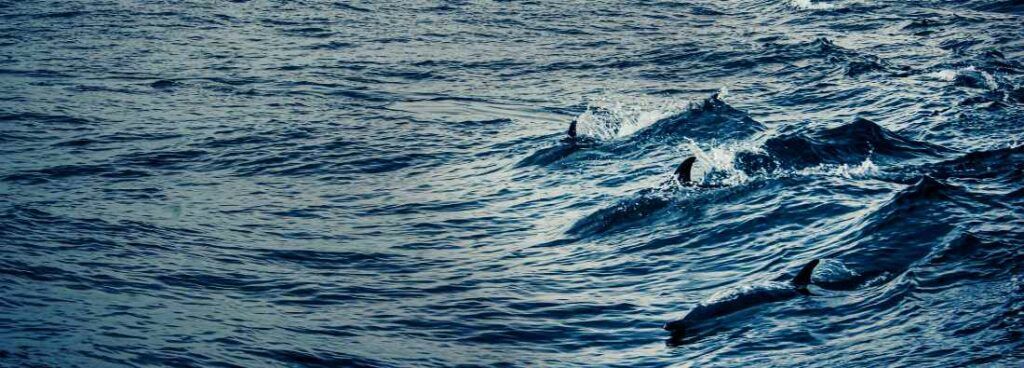Stories Worth Reeling In...
Last Updated on August 7, 2023
A common misconception about fishing is that it is just sitting down and waiting for a bite.
While it’s true that fishing involves some patience, it is so much more than just sitting and waiting. In fact, fishing is a sport that requires a unique blend of physical, mental, and strategic skills.
This blog post will dive into the various aspects of fishing that make it so much more than just sitting down and waiting for a catch.
Table of Contents
Setting up and maintaining gear. Before heading out on the water, fishermen must properly assemble and maintain their gear. This includes setting up rods, reels, and lines and selecting the right lures or bait. Maintaining gear is also essential, as dirty or damaged equipment can affect a fisherman’s success.

Casting and retrieving the line. Casting a line involves more than just tossing it out into the water. Proper technique and timing are crucial to making a successful cast and increasing the chances of catching a fish.
Retrieving the line also requires skill, as the fisherman must pay attention to the line and feel for any movement or resistance.
Playing and landing fish. Once a fish is on the line, the fisherman must carefully play and tire out the fish before attempting to land it. This can be physically demanding, as the fisherman must maintain a tight line and control to prevent the rod from breaking.
Landing the fish also requires careful handling to avoid harming the fish or damaging the gear.
Fishing is much more than just a passive activity. It requires physical skill and dexterity to cast a line and reel in a catch, as well as patience and strategy to choose the right bait and location. In addition, it requires an understanding of the habits and behaviors of different types of fish and the ability to read the water conditions and the weather. These elements combine to make fishing a challenging and rewarding activity beyond simply sitting down.
Reading the water and selecting the right lure or bait. Experienced fishermen can read the water and determine the best locations and techniques. This may involve selecting the right lure or bait based on the type of fish they target and the water conditions.

Anticipating and reacting to a fish’s movements. A fisherman must anticipate and react to it to hook and land it successfully. This requires paying attention to the line and being ready to make quick adjustments to the rod and reel.
Staying focused and patient. Fishing requires a great deal of patience and mental endurance. A fisherman must remain focused and alert for long periods, even without getting bites.
This mental discipline can be challenging but essential to the fishing experience.
Sharing the experience with friends or family. Fishing can be a great way to bond with loved ones and create lasting memories. Whether you are fishing with your kids, or a group of friends, the experience of being on the water and trying to catch fish can be enjoyable and rewarding.

Meeting new people at fishing spots. Fishing can also be a social activity, as you may meet other fishermen at your favorite spots or participate in fishing tournaments. Many fishermen are happy to share their knowledge and experiences with others, and you may even make new friends through your shared love of fishing.
Participating in fishing tournaments or competitions. For those who are competitive, fishing tournaments and competitions can be a fun and exciting way to test your skills against other fishermen. These events range from small local tournaments to large, national events and offer the opportunity to win prizes and bragging rights.
Learning about and respecting the ecosystem. Fishing can be a great way to learn about and appreciate the natural world. As you fish, you may encounter a variety of plant and animal life, and learning about these different species can be educational and enriching.
It is important to remember to respect the ecosystem and practice sustainable fishing techniques to preserve the balance of the natural world.

Using sustainable fishing practices. Overfishing and irresponsible fishing practices can negatively impact the environment and fish populations.
As we’ve explored in this blog post, fishing involves a wide range of skills and strategies that go beyond simply sitting and waiting.
It is a sport that offers a range of physical, mental, social, and environmental benefits. It can also positively impact the environment if practitioners use sustainable techniques and participate in conservation efforts.
If you love the outdoors and the thrill of the catch, it is well worth trying out.